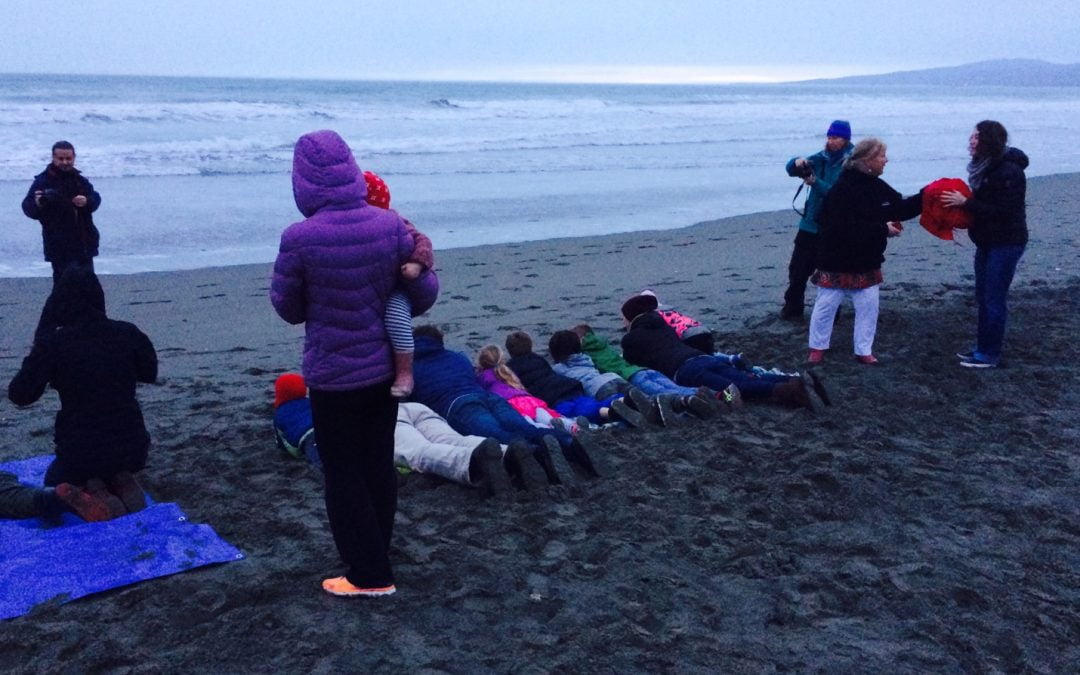Admissions
Requirements for admission include an undergraduate (bachelor’s) degree from an accredited university as well as responses to the written narrative questions that are included on the Application. After completing the online Application for Admission prospective students submit a copy of their official undergraduate and graduate transcripts, two letters of reference, plus a resume. After all components of the Application are received we will schedule a telephone interview conducted by a member of the core faculty.
We are interested in self-directed and disciplined learners who are inspired to explore the depths of Montessori’s contributions towards a new world-view through education. Even students without prior experience in online asynchronous education, TIES Campus becomes a seamless part of their graduate studies. The online Learning Collaborative allows adult learners to gather sharing their discoveries and journey.
Independent learners are capable of scheduling and maintaining their school and professional commitments. They are people of strong character, learn well through experience, and trust the discovery process. Since the inception of the program in 1996 only three students have not been fully employed. The semester workload is organized in such a way that it enables busy professionals to enroll and graduate as the program is organized into six-month continuous semesters. This enables participants to pace themselves in the midst of full work schedules.
Graduation from the TIES program confers the Master of Education (M.Ed.). This program does not lead to state teaching licensure.
Course Schedule
New students enter the program in either January or July. It takes a minimum of three full semesters (18 months) to complete all requirements for graduation. Courses are uniquely sequenced so that content and process are scaffolded in an intentional manner. Once the Culminating Project is accepted in the final semester, students graduate with a Master of Education (M.Ed.).
Grading
The accuracy and consistency of grades as a measure of academic performance is increasingly being called into question, and grade reform is one of the most important educational revisions in the foreseeable future. Since the beginning of our programs in 1996 we have adopted a grading policy based on pass/fail. For some, this may take a period of adjustment, especially if you have been accustomed to receiving extrinsic grading. Students often learn to appreciate that the real value of learning is in their input, rather than the judgement on their output. Our grading approach also promotes the development of a learning community where individuals collaborate for the good of the whole.
From The Blog

Celebrating Earth Roll
For years, the community of children, parents and teachers at Nova Montessori School in Christchurch, New Zealand, gather before dawn on the morning of the Winter Solstice (June 21). They are waiting to view the sun on the ocean horizon. As a prelude, there is quiet repose and everyone lays out their blankets and makes their way down to lay entirely on their front in preparation for experiencing Earth roll; that is, feeling one’s body attached to the Earth as it rolls towards the sun.
Need help? Please don't hesitate to contact an admissions advisor.